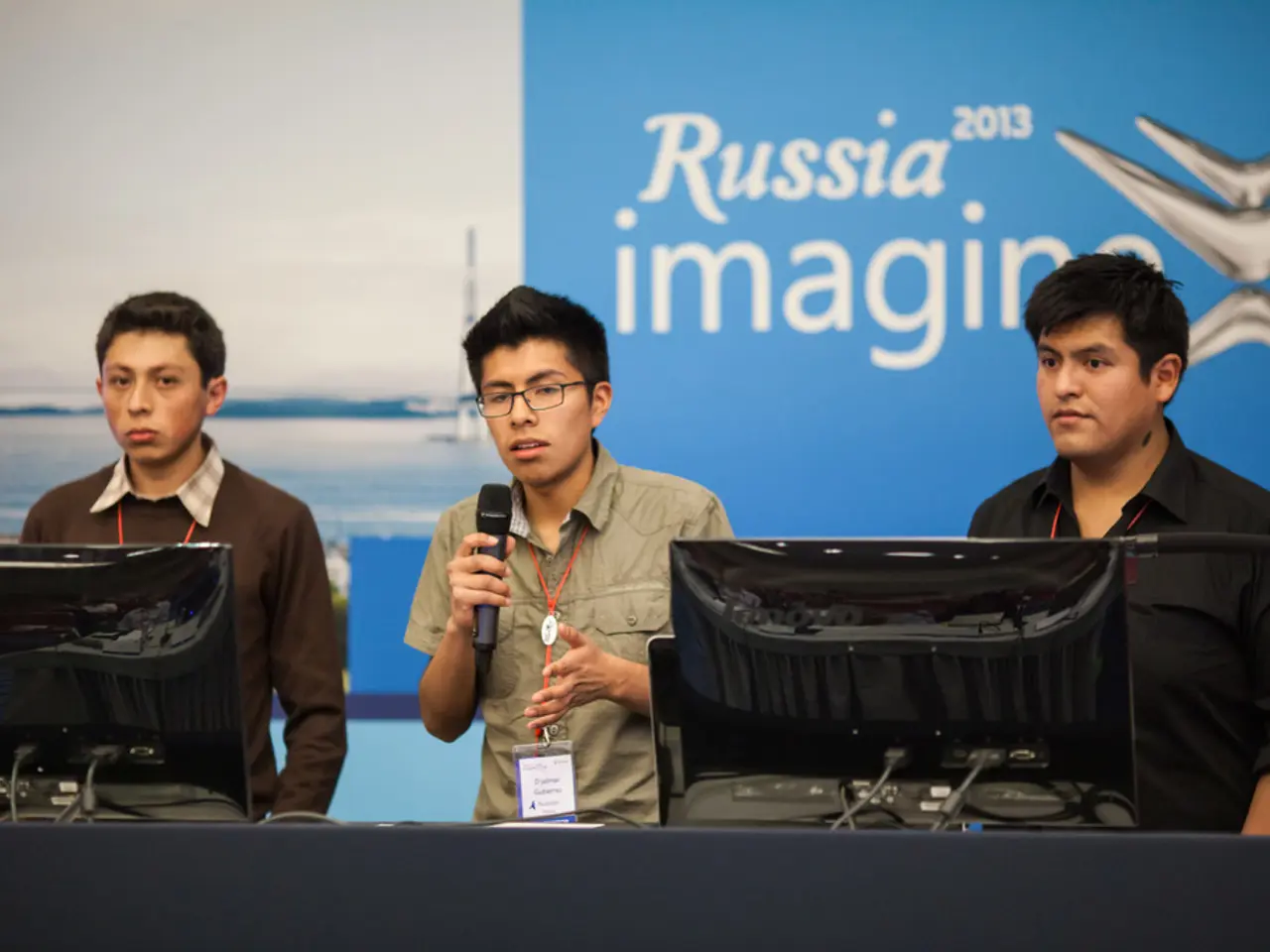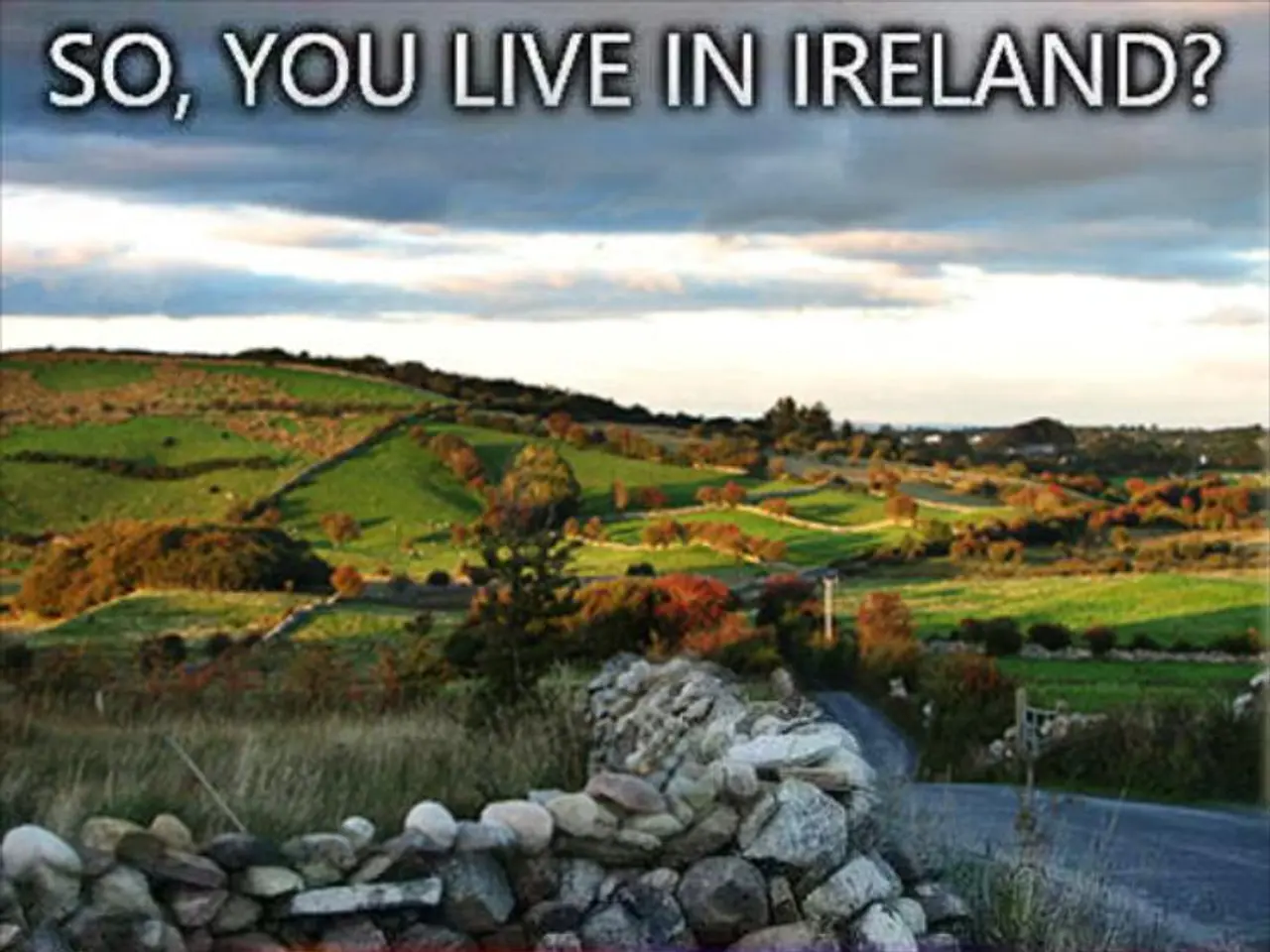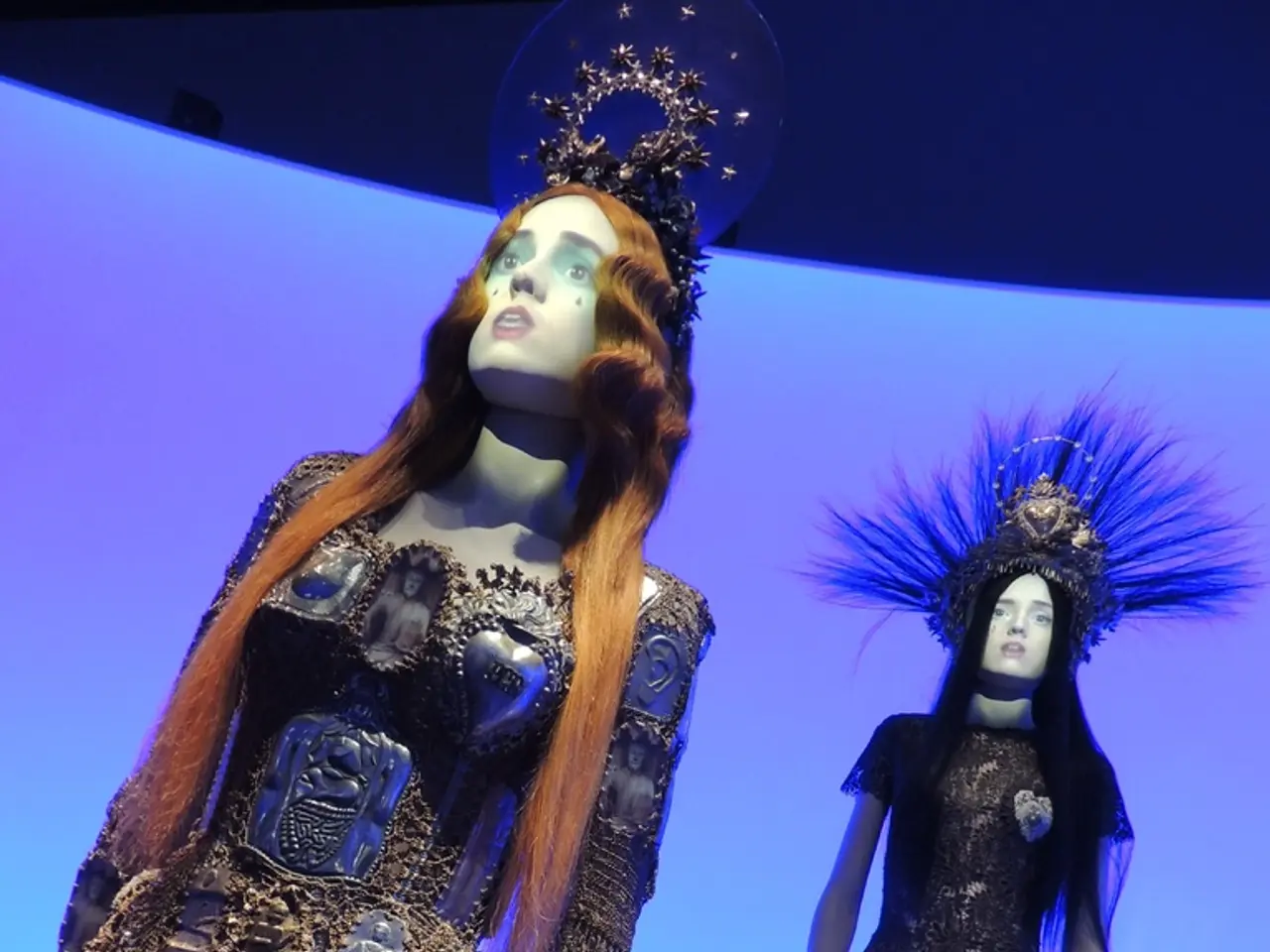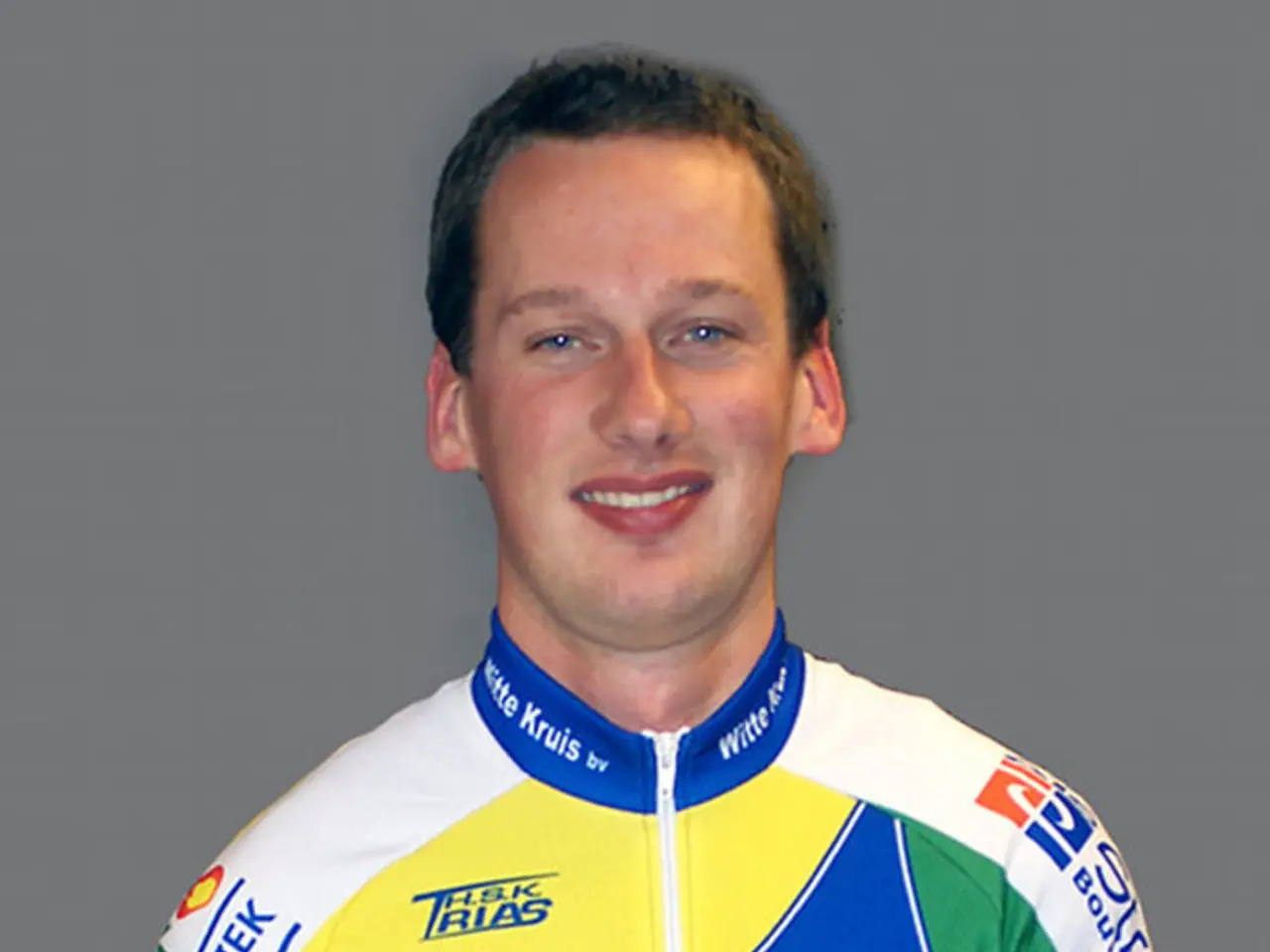"Merz's declaration incites controversy: No circus tents"
In a move that has sparked significant controversy, Federal Chancellor Friedrich Merz (CDU) has referred to the idea of raising the rainbow flag on the Bundestag for Christopher Street Day (CSD) celebrations as turning it into a "circus tent." This remark, made by the German Chancellor and CDU party leader, has been met with strong opposition and criticism from various quarters.
The controversy stems from Merz's strong opposition to flying the rainbow flag at the Bundestag, a symbol honouring LGBTQ+ rights and commemorating the Stonewall riots. Merz argues that the Bundestag is not a circus tent where any flag could be hoisted, and that only the German and European flags should be flown except on May 17, the International Day Against Homophobia, when the rainbow flag is allowed.
This stance has sparked significant backlash from opposition politicians and LGBTQ+ advocates. Critics, including Sophie Koch, the government's queer commissioner, have questioned whether Merz's remark implies that the LGBTQ+ community are "circus animals." Green Party leader Katharina Dröge has emphasized that the rainbow flag symbolizes a group increasingly targeted by hostility and violence, thereby deserving a place in the parliament.
The disagreement has escalated to a protest within the Bundestag, where Green-led lawmakers wore rainbow-colored clothing to form the flag, highlighting the tension between Merz's conservative position and calls for more visible support of LGBTQ+ rights at Germany's federal parliament.
Carola Ebhardt, co-chairwoman of SPD-queer, has found Merz's statement disrespectful towards the queer community. The working group SPD-queer has demanded an apology from Merz. However, Merz has supported Bundestag President Julia Klöckner's decision not to raise the rainbow flag on the Bundestag for the Christopher Street Day (CSD).
Sophie Koch, the Federal Government's Queer Commissioner, has also criticized Merz's statement, questioning what queer people would be if the rainbow flag is the flag of a circus tent. The board of the Lesbian and Gay Association (LSVD) has criticized Merz's statement, reminding him that the group he referred to was persecuted by the National Socialists and was also suppressed and criminalized in the Federal Republic for a long time.
The SPD parliamentary vice-president Armand Zorn has criticized Merz's statement, stating it was "unfortunate" and not appropriate at a time of increased hostility towards queer people. Jens Spahn, the chairman of the Union parliamentary group, has supported Merz's stance, stating that prolonged symbolic debates do not contribute to the freedom and security of homosexuals and lesbians in Germany.
In a move to address the controversy, the chairman of the LSU, Sonke Siegmann, has scheduled a discussion with Merz to discuss his controversial statement. The outcome of this discussion remains to be seen, but the controversy has undoubtedly triggered a political debate over the representation and recognition of LGBTQ+ rights in Germany's national institutions.
The controversy over the raising of the rainbow flag at the Bundestag for Christopher Street Day celebrations has escalated into a political debate, with critics such as Sophie Koch, the government's queer commissioner, questioning whether Federal Chancellor Friedrich Merz's reference to the rainbow flag as turning it into a "circus tent" implies that the LGBTQ+ community are being equated with circus animals. Meanwhile, the disagreement has led to protests within the Bundestag, with Green-led lawmakers wearing rainbow-colored clothing to form the flag, highlighting the tension between Merz's conservative position and calls for more visible support of LGBTQ+ rights at Germany's federal parliament. This debate, centered around war-and-conflicts, politics, and general-news, has sparked significant controversy and opposition from various quarters, particularly from opposition politicians and LGBTQ+ advocates.








